Blue chips are usually worth the most in classic poker sets with a stack of white, red, and blue tokens. That’s why ‘blue chip’ has become a synonym for anything highly-rated, but stock investors commonly use it to describe shares in prominent, high-performing companies.
Let me show you how to identify ASX blue-chip stocks – and how to buy them.
I’ll cap off by explaining why these companies have such a strong record of stability in the financial markets.
Important!
Blue chips are not always foolproof or smart investments. Always follow professional financial advice (this is not it) and do your research before buying any stock.
How To Identify A Blue Chip Stock?
Blue-chip stocks are shares in established and financially stable companies that have a strong track record of consistent growth.

These companies typically have:
- A large market capitalisation.
- High liquidity.
- A reputation for paying consistent dividends.
They’re also often found in major indices such as the ASX 200 (I’ll discuss the importance of this shortly).
Also known as “quality stocks”, blue-chips represent some of the world’s most recognised brands and lesser-known industry stalwarts who’ve stood the test of time.
Important!
Stocks with the highest market capitalisation (large-cap) are likelier to be called blue chip, while mid and small-cap companies are likely to be called (you guessed it) small-caps and mid-caps.
In addition to being large and high-value, blue-chip companies typically stand out for their:
- Strong earnings, cash flow and cash reserves with modest debt.
- Attractive business model with a defensible competitive advantage.
- Consistent delivery of returns to shareholders.
- History of effective governance and strong leadership, especially during economic uncertainty.
(Related: How To Buy Tesla [TSLA] Stocks).
What Are The Top ASX Blue-Chip Shares?
The easiest way to find international and Australian blue-chip stocks is by studying indices that track the top companies on major stock exchanges.
For instance:
- Companies in the ASX 20 index, representing the 20 largest equities traded in Australia, are all considered blue chips.
- Companies in the Dow Jones (DJIA) index, tracking 30 large, blue-chip companies listed on US stock exchanges.
But you can also browse the ASX-listed companies after sorting the list by market cap.
The exact cutoff isn’t well defined, but the top ten ASX-listed companies are definitely considered blue chips, and as of December 2023 are:
| Blue Chip Stock | Description | Market Cap ($B, 15th Dec 23) | Stock ($, 15th Dec 23) |
|---|---|---|---|
| BHP Group Limited | Largest miner in the world | 244.57 | 48.25 |
| Commonwealth Bank of Australia | Australia’s largest bank | 183.41 | 109.52 |
| CSL Limited | Australian biotech leader | 133.7 | 276.76 |
| National Australia Bank Limited | One of Australia’s ‘big four’ banks | 93.52 | 29.95 |
| ANZ Group Holdings Limited | One of Australia’s ‘big four’ banks | 75.85 | 25.24 |
| Westpac Banking Corporation | One of Australia’s ‘big four’ banks | 78.22 | 21.25 |
| Woodside Energy Group LTD | Australia’s largest energy company | 57.27 | 30.16 |
| Macquarie Group Limited | Leading financial services group | 68.97 | 178.47 |
| Fortescue Metals Group LTD | Iron ore and rare metals producer | 84.55 | 27.46 |
| Wesfarmers Limited | Diversified conglomerate | 61.89 | 54.57 |
Did You Know?
The top 10 blue-chip stocks (banks, BHP and Telstra) represent 50% of the Australian share market.
Did you notice a trend?
Yes, natural resources companies and big banks dominate the list.
(Related: eToro vs Plus500: Which Broker Is Best For Aussie Investors?)
Australia is still building its wealth by digging stuff out of the ground and offering mortgages to people like you and me.
Expert Tip.
Many Australian investors gain exposure to blue-chip companies by investing in broad market index ETFs (exchange-traded funds) or managed funds. These typically track the top 200-300 companies on the ASX by market cap.
How Do Blue-Chips Differ From Other Shares?
Blue-chip status doesn’t signal whether the company is considered a value, growth or income stock.
It doesn’t tell you how a stock’s price will move. For instance:
- Computing chip manufacturer NVIDIA is a recognised blue chip given that it is the world’s sixth most valuable company with over a decade of successful operations.
- It’s also considered a growth stock by some, given its runaway rise and first-mover advantage in artificial intelligence.
- However, high-profile investor Rob Arnott, known for his warnings on bloated mega-caps, argues that NVIDIA shares are now overvalued, driven higher by a speculative bubble set to burst.
(Related: Australian Stock Market Investing For Beginners).
How Many Blue-Chip Companies Are In The US?
Plenty, but you’ll probably trade just a few of them.
American equivalents to top Australian blue chip companies are FAANG stocks (Facebook, Apple [how to buy Apple stocks], Amazon, Netflix and Google).
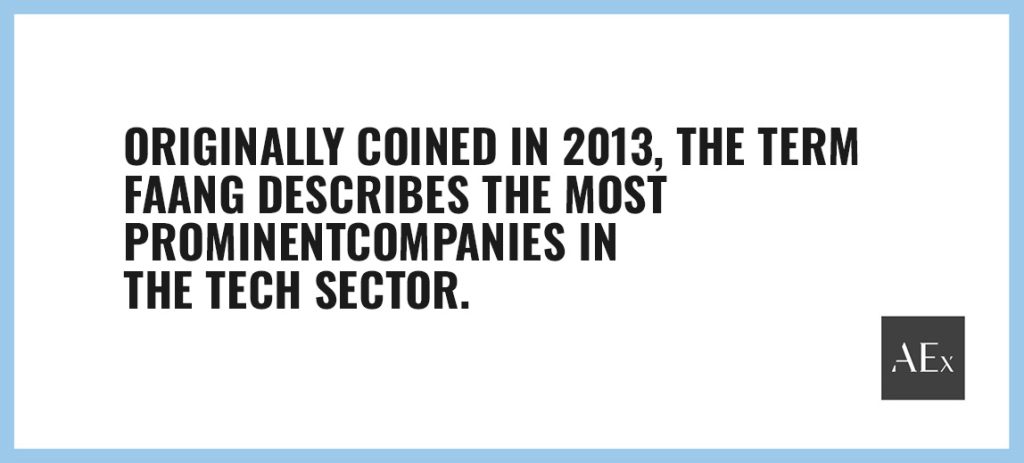
Getting exposure to the FAANGS isn’t difficult, as only five exist.
Did You Know?
The FAANG acronym has stuck despite Facebook and Google changing their names to Meta and Alphabet. However, with the recent decline of Netflix and the simultaneous rise of Microsoft, analysts like Jim Cramer have proposed a replacement acronym, MAMAA.
Why Do Investors Buy Blue Chip Stocks?
International and Australian blue-chip shares are considered all-weather investments that can protect against market volatility.
However, while blue-chip stocks tend to be less likely to become insolvent, their share prices are subject to the same market shocks that affect all stocks during economic turmoil.
Important!
To decide whether a particular blue-chip stock belongs in your portfolio, follow the advice of professional financial advisors and investors (this is not it), taking your individual circumstances, risk tolerance and financial goals into account.
Warren Buffet famously emphasises the need to focus on business fundamentals, ensuring that the company offers:
- Good value, because you believe the stock is currently undervalued.
- Capital growth, because you believe the business will grow significantly in coming years.
- Passive income, because the company has a track record of paying dividends.
Why Buy Blue-Chip Stocks?
At an investor event recently held in Sydney, global investment strategist Jeremy Grantham said that concentrating on quality companies is wise in current economic conditions.
But just because a quality, blue-chip company is a reliable performer doesn’t mean its shares represent the best value for money.
(Related: How To Buy CBA Stocks In Australia).
After reviewing a blue chip share’s price-to-earnings ratio (P/E), you might decide that the stock is overpriced and offers little growth potential.
Also, remember that some blue-chip shares trade at a premium because investors are keen to buy in.
Important!
Some analysts make a point of buying blue chip shares only during periods of a market downturn when they’re likely to be sold at a discount.
What Are The Disadvantages Of Blue-Chip Stocks?
As with all investment forms, blue-chip shares expose you to the risk of capital losses.
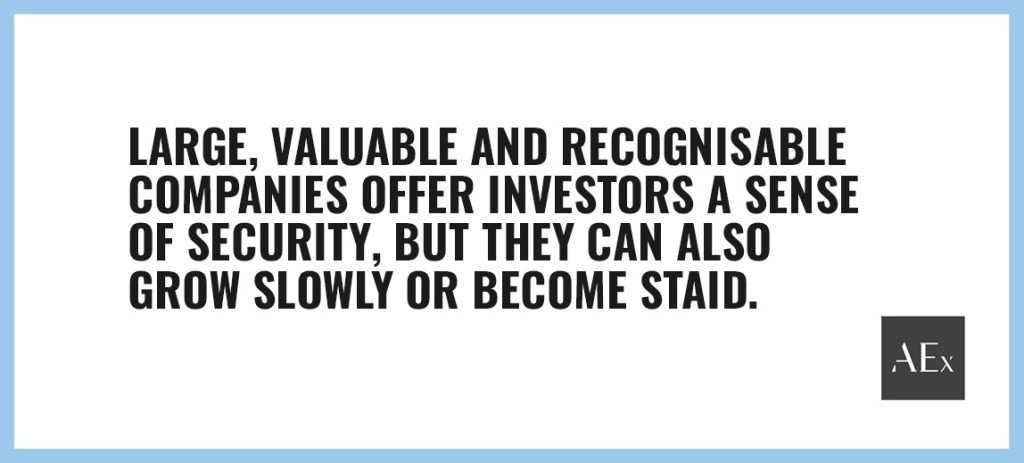
The size of your returns will depend on:
- Share’s capital gain.
- Timing of your purchase.
- Your investing horizon.
A blue-chip stock might steadily rise in value, but may also stagnate or drop if the business makes mistakes or is eclipsed by a competitor.
(Related: Cheapest Stock Brokerages In Australia).
Which ASX Indexes Are Blue-Chip?
Indices like the ASX 20, ASX 50, ASX 100 and ASX 200 represent the largest and most liquid publicly listed companies in Australia, based on their market capitalisation.
Important!
Most people would agree the top 20 stocks by market cap (ASX 20) are blue-chip shares, but a number of stocks within the top 100-200 could also be described as blue-chip, depending on the criteria used.
While many companies in the top echelon of the Australian stock market have been reliable performers for decades, the composition of these indices changed over time.
(Related: How To Invest In Index Funds In Australia).
Benchmark indices on the Australian Securities Exchange are rebalanced quarterly by the independent rating agency S&P Global, with companies added or removed based on their performance.
Did You Know?
In March 2023, construction industry company James Hardie Industries (ASX:JHX) dropped out of the ASX 20, while BHP off-shoot company South32 Limited (ASX:S32) was added.
What Is The Average Return On Blue-Chip Shares?
Total returns from the ASX 20 index over 10 years is 6.85%.
Research released in 2023 found that large-cap ASX-listed companies may outperform smaller companies, revealing that the total returns from a $10,000 investment made in the year 2000 would be:
- $30,000 from investing in a small-cap index (ASX Small Ordinaries index).
- $60,000 from investing in a large-cap index (S&P/ASX 200 index).
Buy Blue-Chip Stocks With Our Featured Partner.
Trade Australian and international blue-chip stocks through an easy-to-use, cutting-edge trading platform.
eToro Service ARSN 637 489 466 operated by Gleneagle Asset Management ACN 103 162 278 AFSL 226199 and promoted by eToro AUS Capital Limited ACN 612 791 803 AFSL 491139. Investing in shares via a managed investment scheme does not result in direct ownership of the underlying assets. The scheme has legal ownership, the investor has beneficial ownership i.e. the shares are held on your behalf. As the scheme has legal ownership, you have no rights in the securities, including voting rights. Shares are non transferable. Your capital is at risk. Refer to the Product Disclosure Statement and Target Market Determination (PDS and TMD) before transacting. See full disclaimer.
How To Buy Blue-Chip Stocks?
Save time selecting a platform by reading these rundowns of Australia’s best stock trading apps, online brokerages, and share trading platforms.
Once you’ve created an account, you simply:
- Decide how much you want to invest and add funds to your trading account. Only invest what you can afford to lose (make sure you’ve taken care of your essential bills/debts first).
- Decide how you’ll invest. Will you directly hold individual shares? ETFs and funds can offer a more diversified option in one trade. Either way, search for the ticker symbol of the individual stock or ETF/listed fund within your brokerage app.
- Place your order for your chosen amounts. Using different types of orders can help you manage costs and risks. For instance, a limit order will only execute the purchase once a stock/fund reaches your desired price.
Is It Worth Investing In Blue Chip Companies?
Generally, large-cap companies that earn the blue-chip descriptor have a history of delivering strong returns, through stable governance and financial management and a profitable business model.
Owning a slice of quality companies expected to maintain and improve in value long-term may be a good fit for conservative investors seeking a solid foundation for their stocks asset allocation.
No one can perfectly predict the trajectory of a company, and market analysts and financial advisors will have varying opinions about which stocks will emerge as blue-chip shares in future.
Jody


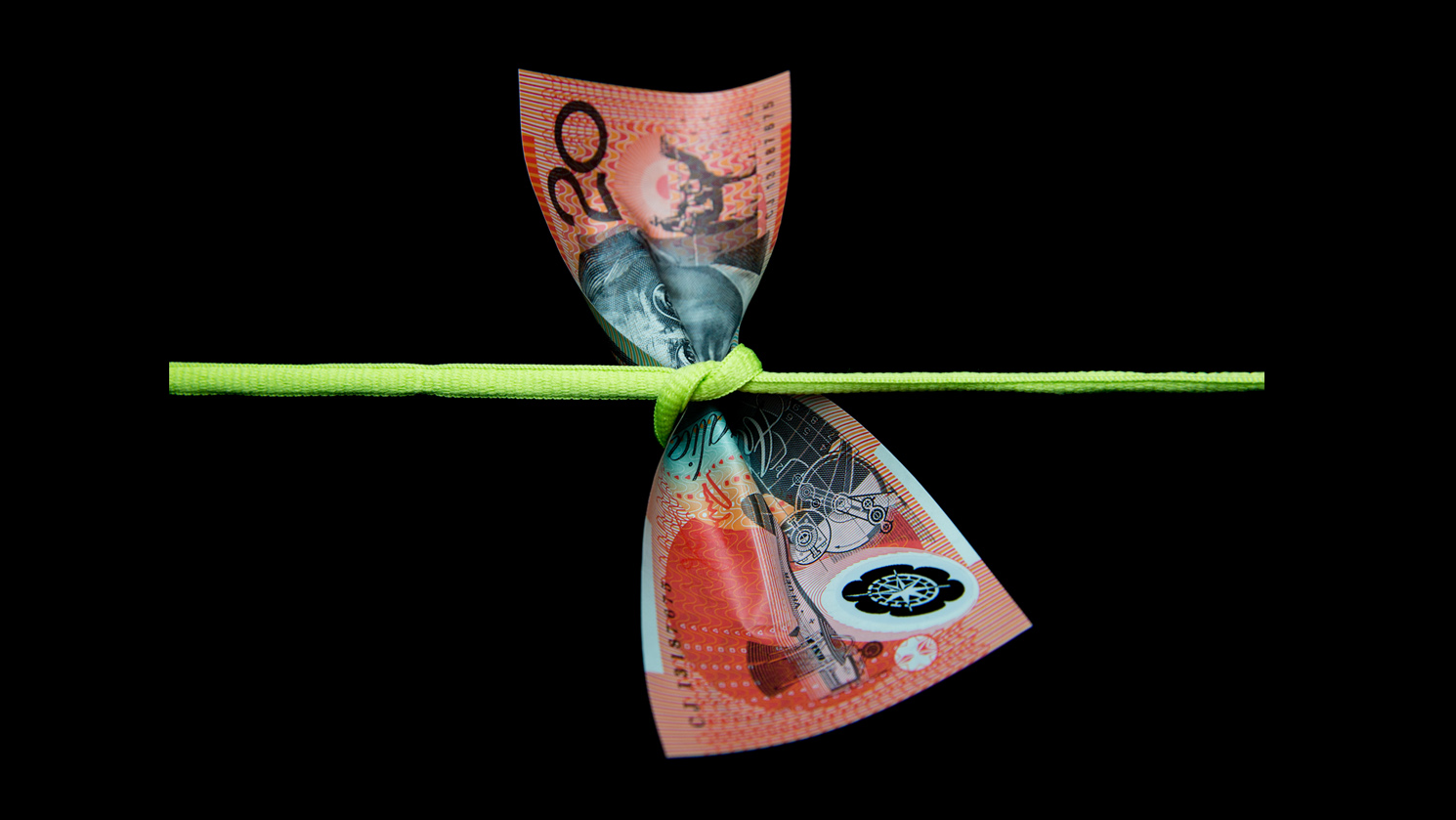
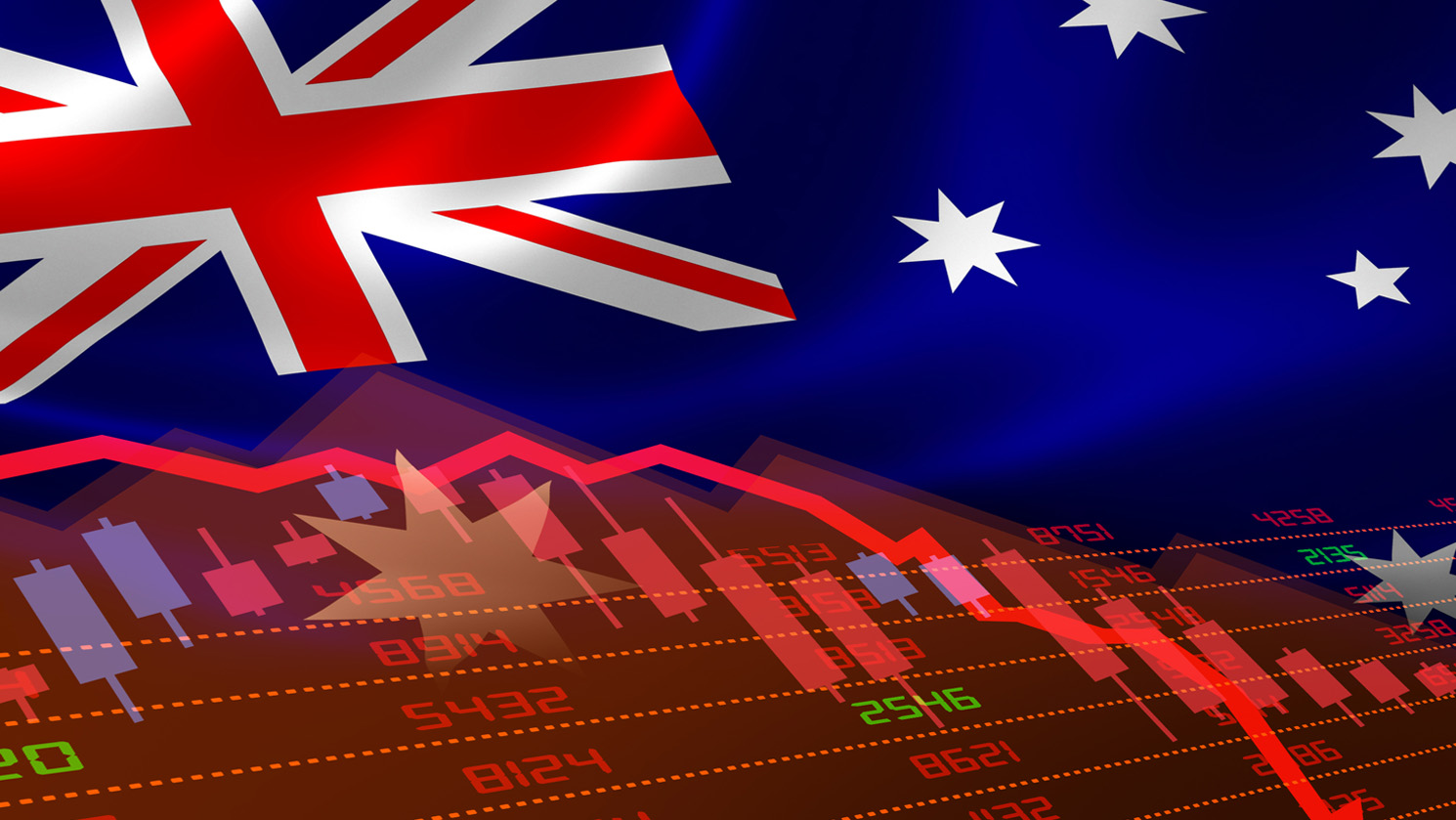
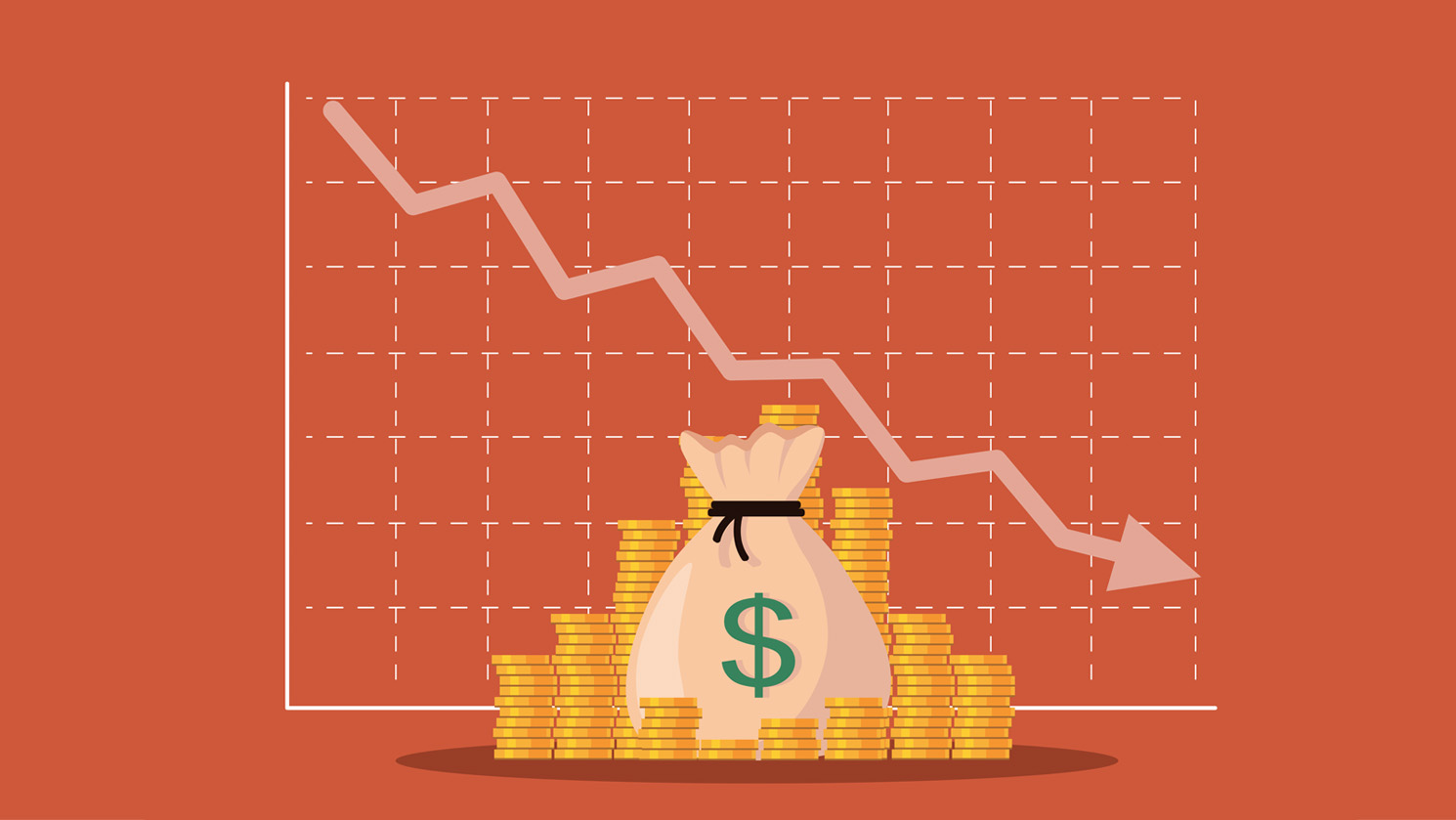


Nelson says:
I attempted to use the “hack” to dodge conversion fees, but sadly after converting AUD to USD on a Wise account, there doesn’t seem to be a way to deposit that money into eToro; i.e. eToro recently disabled Wire transfers and Wise doesn’t support SWIFT transfers for sending USD to a bank in the US?
John Keys says:
CMC Invest are an abysmal in turning around new accounts.
Over 1 month to setup up an account with an investment trust, and still waiting. I was promised 5 business days.
Reg Watson says:
Given that China’s economy is going down the toilet how the heck do we expect an appreciation of the Aussie in 2024 ? We are tied to China.
Regular citizen says:
Unless you can see into the future or time travel, try to refrain from predicting a stronger AUD. It’s now Dec 2025 and contrary to all you top earning ‘economists ‘, the AUD ain’t shit.